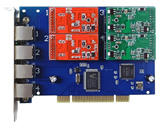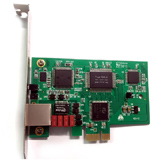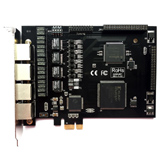
| Index |
||||||||||||||||
About VoIP SecurityThe many consumer VoIP solutions do not support encryption yet, although having a secure phone is much easier to implement with VoIP than traditional phone lines. As a result, it is relatively easy to eavesdrop on VoIP calls and even change their content. There are several open source solutions that facilitate sniffing of VoIP conversations. A modicum of security is afforded due to patented audio codecs that are not easily available for open source applications, however such security through obscurity has not proven effective in the long run in other fields. Some vendors also use compression to make eavesdropping more difficult. However, real security requires encryption and cryptographic authentication which are not widely available at a consumer level. The existing secure standard SRTP and the new ZRTP protocol is available on Analog Telephone Adapters(ATAs) as well as various softphones. It is possible to use IPsec to secure P2P VoIP by using opportunistic encryption. Skype does not use SRTP, but uses encryption which is transparent to the Skype provider. The Voice VPN solution provides secure voice for enterprise VoIP networks by applying IPSec encryption to the digitized voice stream.
|
||||||||||||||||





